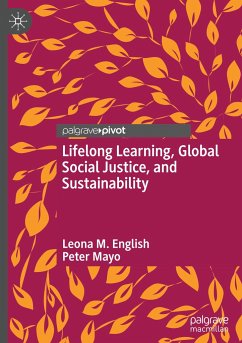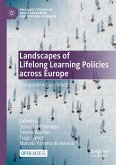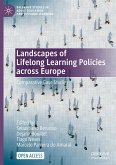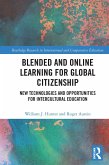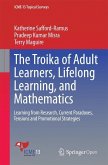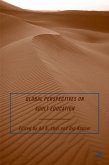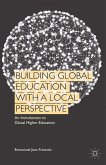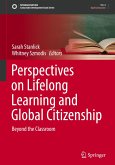This book examines lifelong learning from different angles and follows the trajectory beginning with the expansive notion of lifelong education promoted by the United Nations Educational, Scientific, and Cultural Organization (UNESCO) and its subsequent version intended to better suit the neoliberal framework and make EU countries more competitive in the global economy. The authors critique this version of lifelong learning by contrasting it with the notion of critical literacy. They also devote attention to the UN's advocacy concerning lifelong education and sustainable development, arguing that for lifelong learning to help realize this goal, it needs to become more holistic in scope and engage more globally conceived social and human-earth relations. The book concludes with a discussion on lifelong learning and the COVID-19 pandemic.
"This book presents several brilliant, counter-hegemonic ideas on numerous topics focussing on the evolution of education policies in a neoliberal world which is facing social and environmental challenges as never before. ... I would recommend it to students in this field ... . People who are interested in how education can herald social justice, sustainability, and create communities ... will get numerous insights into the struggles of practitioners and researchers who are out to achieve precisely... ." (Brigitte Goodman, Erziehungswissenschaftliche Revue - EWR, klinkhardt.de, Vol. 21 (4), October, 2022)
"A valuable contribution to the scholarly literature on lifelong learning ... . The book is a treasure trove in the sense that it gives a very good overview of writers and theorists who have engaged with the concept of lifelong learning in its broadest sense ... . The book provides its readers with the opportunity to revisit the rich history of lifelong learning, which holds many lessons for us to make the world a better place." (Maren Elfert, International Review of Education, Vol. 67, 2021)
"A valuable contribution to the scholarly literature on lifelong learning ... . The book is a treasure trove in the sense that it gives a very good overview of writers and theorists who have engaged with the concept of lifelong learning in its broadest sense ... . The book provides its readers with the opportunity to revisit the rich history of lifelong learning, which holds many lessons for us to make the world a better place." (Maren Elfert, International Review of Education, Vol. 67, 2021)

